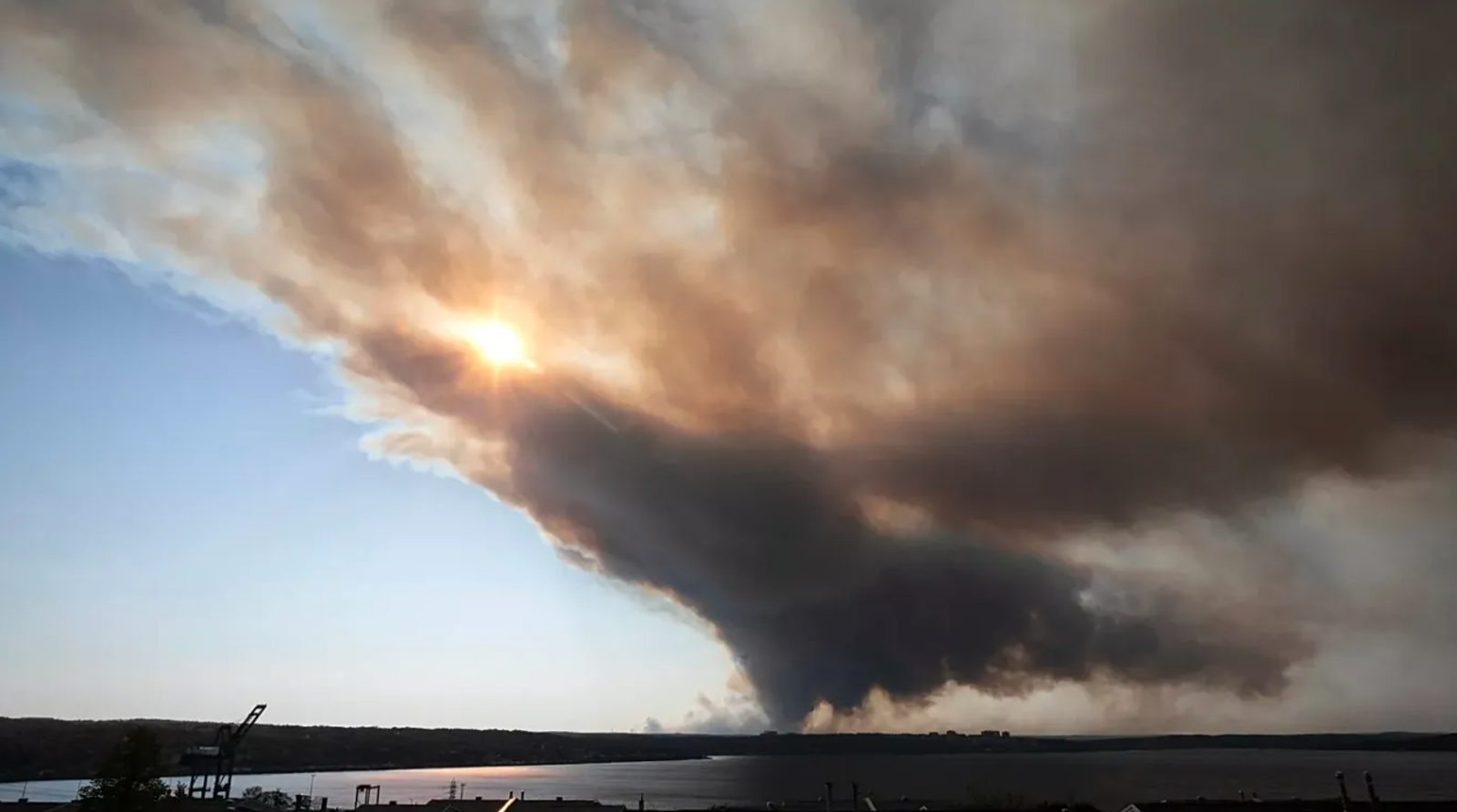
Between May and September last year, extreme fire conditions fueled by climate change ignited thousands of blazes across the country, consuming nearly 18 million hectares — an area larger than England. For months, smoke billowed across Canada and the United States, forcing health alerts and turning skies orange. But the impacts reached far further.
Scientists report in the journal Nature that smoke from the fires crossed the Atlantic and degraded air quality across Europe. In total, an estimated 354 million people in North America and Europe were exposed to dangerous concentrations of fine particulate matter (PM2.5), far above the World Health Organization's recommended threshold.
These tiny particles, which can penetrate deep into the lungs and enter the bloodstream, are strongly linked to respiratory and cardiovascular disease. Researchers calculated that chronic exposure to the smoke accounted for roughly 82,100 premature deaths worldwide, including more than 22,000 in Europe.
The study distinguished between acute health effects — such as fatal asthma attacks, heart attacks or respiratory failure caused by short-term spikes in pollution — and longer-term outcomes, where persistent exposure increases risks of diseases like lung cancer and heart disease. It concluded that the chronic burden was both "substantial and widespread."
Even thousands of kilometres from the fires, Europe experienced measurable impacts, with overall PM2.5 exposure rising by about 4% compared with previous years.
The authors warn that as climate change drives hotter, drier conditions, wildfires are set to grow in frequency and intensity, making their hidden health toll an increasingly urgent global issue. They call for expanded research into these "underexplored" impacts, stressing that air pollution from wildfires must be considered alongside their immediate destruction.